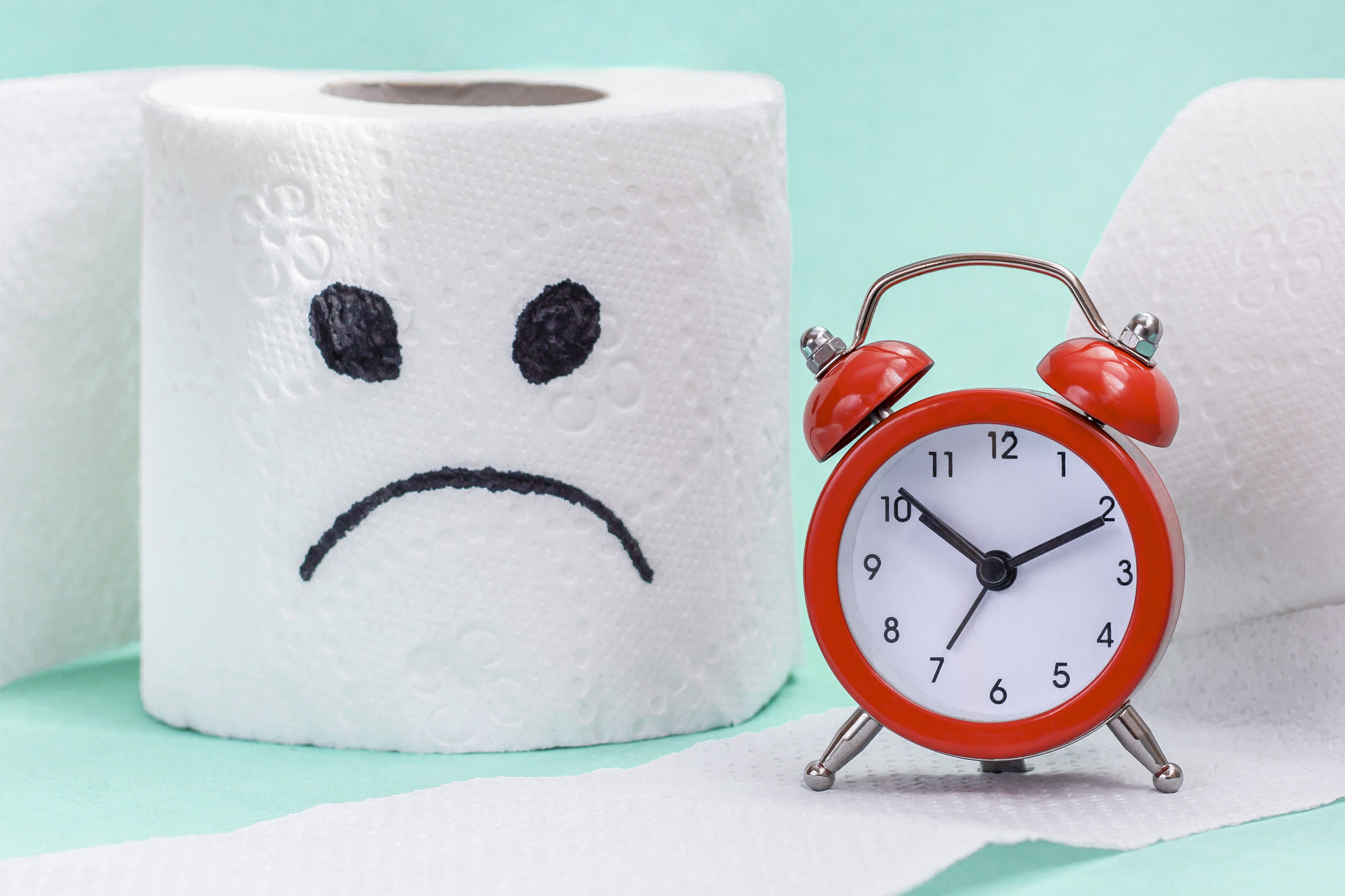
blog
|January 31, 2025
Share :
GET IT MOVING
By Mona Jauhar RDN LD
The quality of your day is decided by your mornings. Did you wake up feeling refreshed? Did the morning run add to your spirits? Got your fair share of Vitamin D? And, most importantly, did you poop well? Constipation causes both physical and mental anguish and the solutions aren’t available over the counter, but on grocery shelves.
Get enough fibre
Even though your body can’t digest fiber, eating enough of it is thought to be very important for your gut health. This is partly because dietary fiber increases the size of your stools and makes them softer. According to experts, you should aim for at least 40 grams of fiber a day. There are two types of fiber, soluble and insoluble, that can be used to treat and prevent constipation. Both types of fiber are essential for keeping your intestinal system running smoothly.
Up the fluids
Staying well-hydrated can be a key part of your plan to "get things moving" again. Constipation is commonly caused by a lack of dietary fiber, fluids—or both. Water is important for your digestion. It keeps the food you eat moving through your intestines, and it keeps your intestines smooth and flexible, too. In fact, dehydration is one of the most common causes of chronic constipation. Try and drink 2 litres of water per day and see the change.
Eat this not that
A great way to make sure you’re sufficiently hydrated and eating a fiber-rich diet is to focus on consuming water and fiber-filled foods such as fresh fruit, cruciferous vegetables, seeds, and legumes. Here is a list…
-
Prunes: Prunes and prune juice are a time-tested home remedy for constipation in many parts of the world. Prunes contain a lot of fiber, a nutrient known to ease and speed up bowel movements. But before you go popping prunes for breakfast, lunch, and dinner, a word of caution: Prunes do contain a lot of sugar!
-
Oats: Oatmeal offers up the best of both fiber worlds: a half-cup of dry oats contains 2 grams of insoluble and 2 grams of soluble fiber. Oat bran is the fiber-rich outer casing of the oat grain. It has significantly more fiber than the commonly used quick oats. Oat bran can easily be combined with granola mixes and baked into bread or muffins.
-
Beet powder: Beetroot can be a great laxative due to its high fiber content as well as its betaine content. Betaine is a compound that can also help to improve digestion by raising stomach acid levels, which will help you digest your food better and control any growth of yeast and bacteria.
-
Apples and pears: Apples and pears contain several compounds that improve digestion, including fiber, sorbitol, and fructose. These fruits also contain high levels of water, which can help to ease digestion and prevent constipation.
-
Flaxseed oil: An indigestible coating on flaxseed oil seeds helps treat gastrointestinal conditions like constipation and irritable bowel syndrome. It can help lubricate your system and soothe the inside of your bowels.
-
Lentils: Lentils are a good source of insoluble fibre. Plus, they also contain soluble fibre, so they’re a bit of a double whammy. Lentils contain 11.4 grams of fiber per serving (about 3.5 ounces), making them one of the best legumes for preventing and relieving constipation.
-
Almonds: Almonds are loaded with heart-healthy fats, protein, and fiber, but it’s the high magnesium content that has our intestines excited. It neutralizes stomach acid and moves stools through the intestines. They also contain 3.5 grams of fiber per ounce, which is about 23 nuts. If you really want to up your fiber content, try a pear dipped in almond butter as your next snack.
-
Chia seeds: Chia seeds are one of the most fiber-dense foods available. Just 1 ounce (28 grams) of chia seeds contains 10.6 grams of fiber. They work perfectly sprinkled onto cereal, oats or yogurt. You can also add them into a smoothie or veggie juice, or mix them into dips, salad dressings.
-
Broccoli sprouts: Broccoli sprouts are rich in a phytochemical called sulforaphane that may protect the gut and ease digestion. Sulforaphane may also help to prevent the overgrowth of some intestinal microorganisms that can interfere with healthy digestion. Broccoli sprouts can have 20-40 times more sulforaphane than mature broccoli. In a 4-week study in 48 adults, eating 20 grams of sulforaphane-rich broccoli sprouts improved symptoms of constipation.
- Tiger nuts: A good source of insoluble fiber, tiger nuts can prevent constipation and help your digestion run smoothly. They contain prebiotics, which means they are food for the good bacteria in your gut, and have 10 grams of fiber in one ounce. Add them to your diet gradually to avoid unpleasant gas or bloating.






